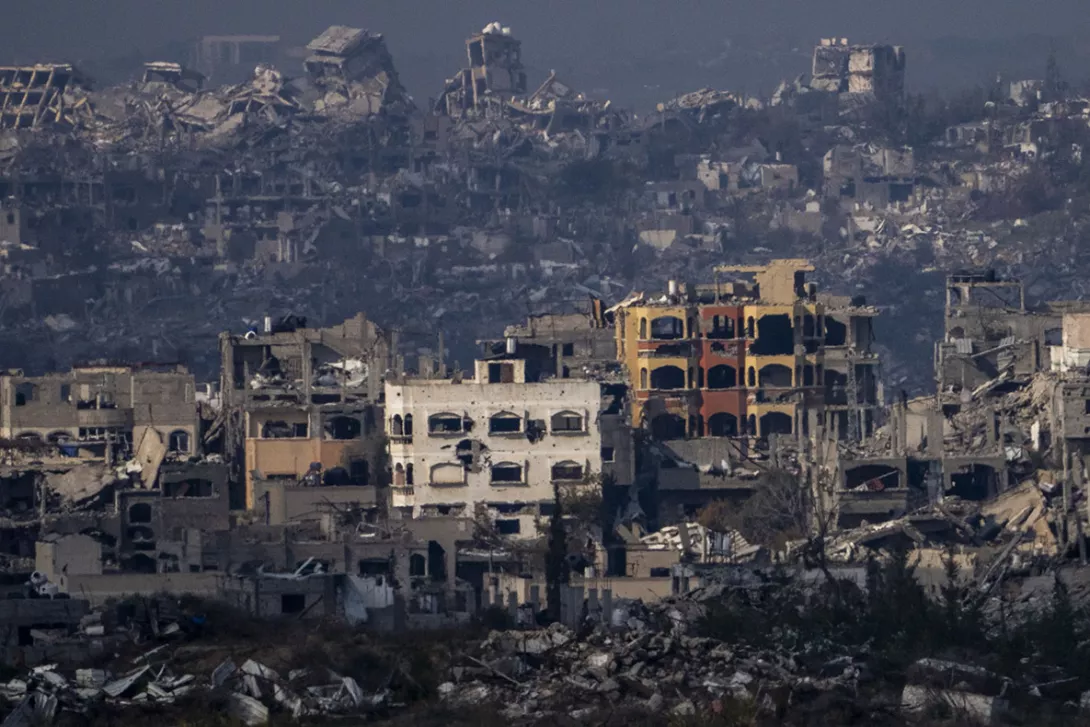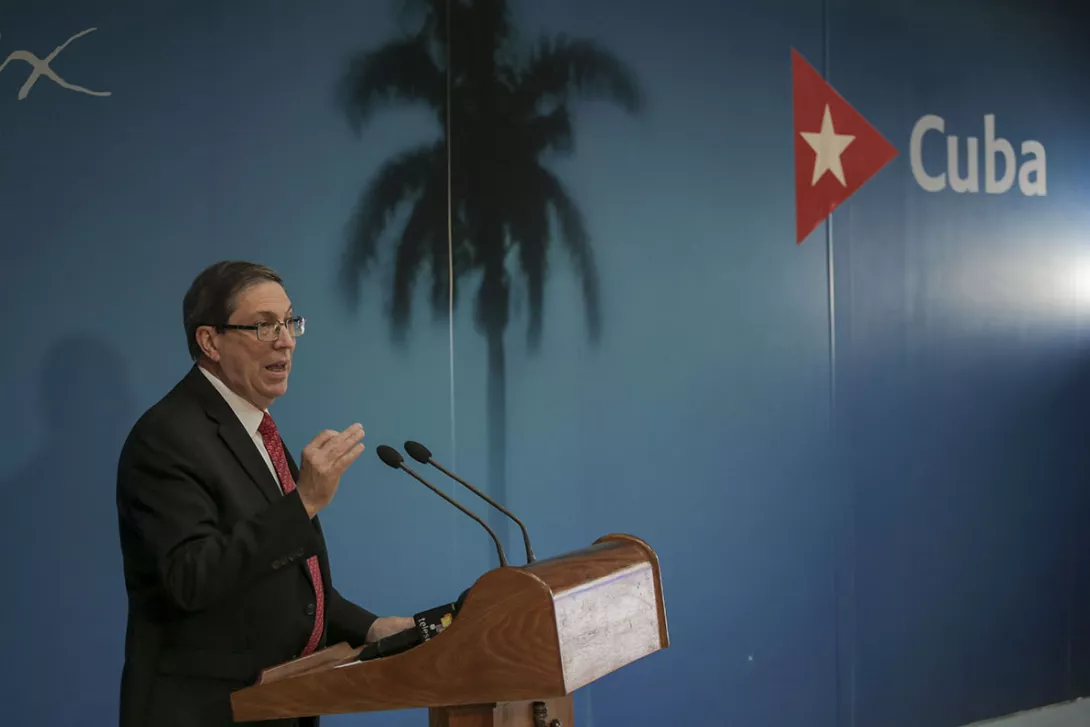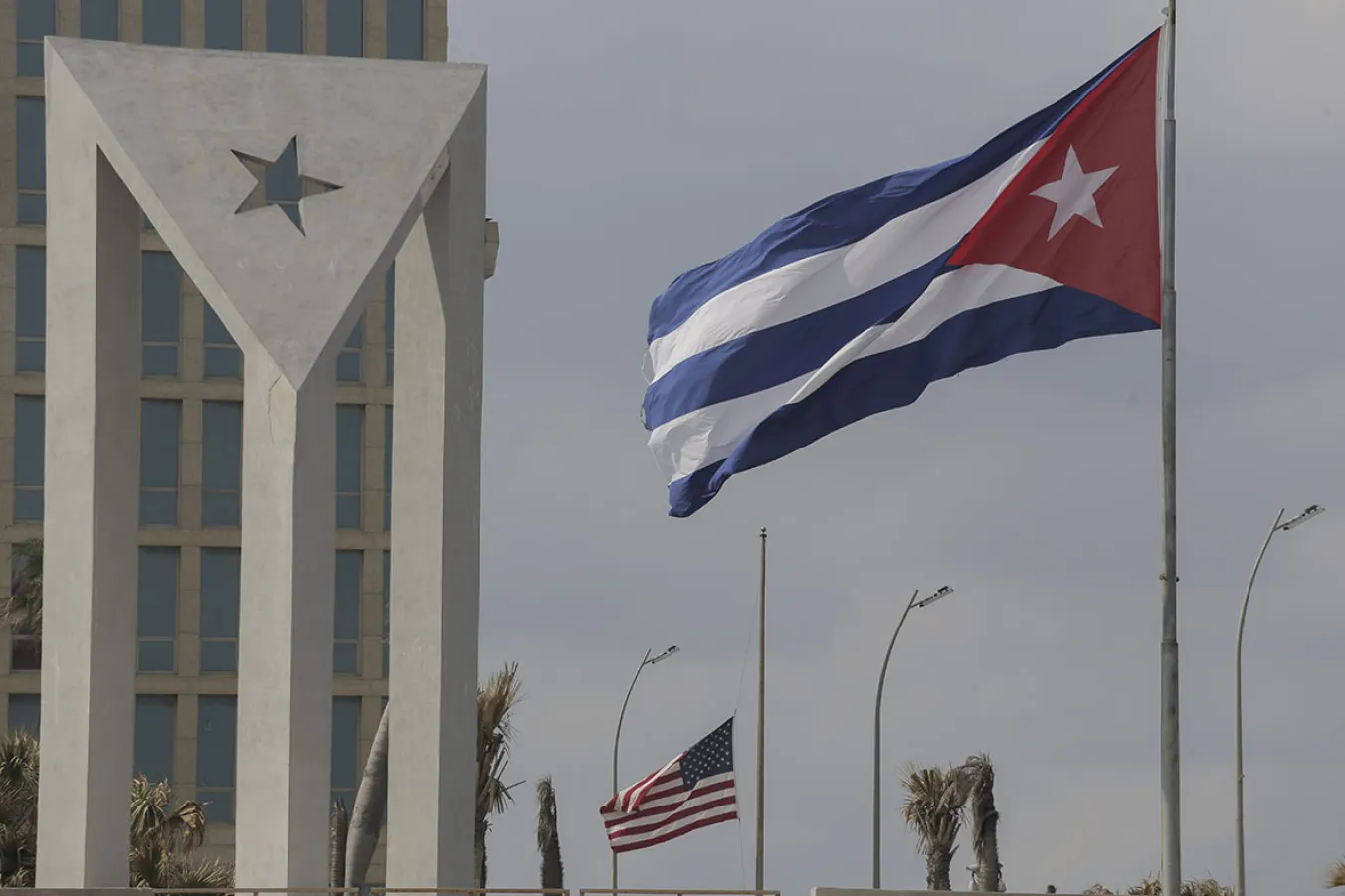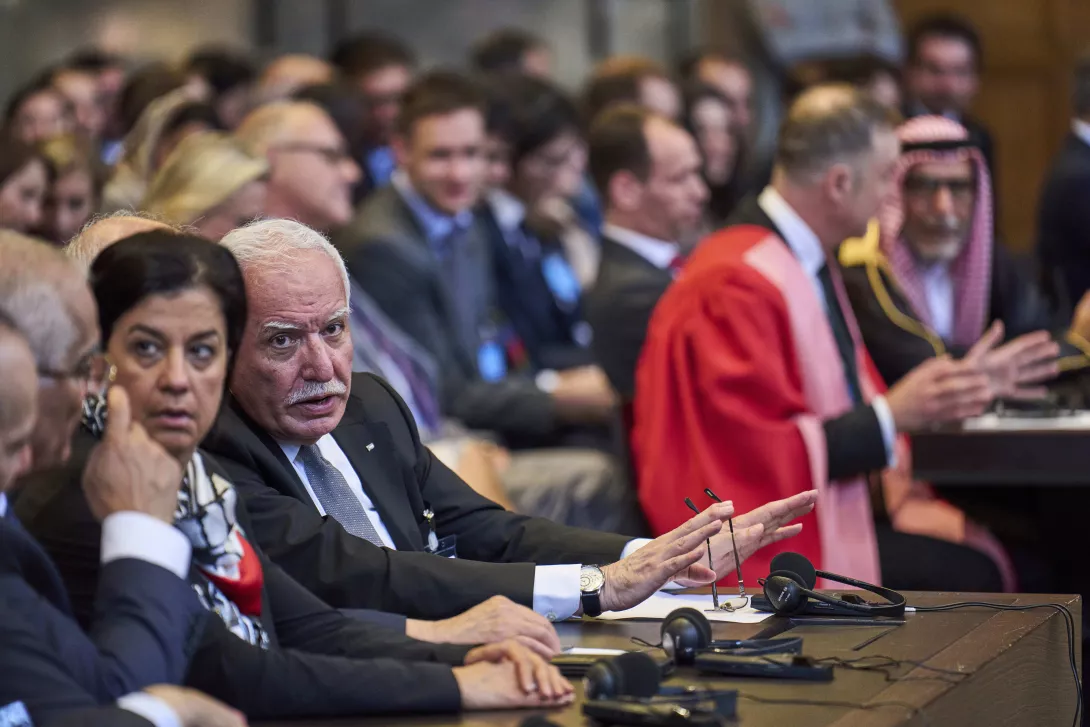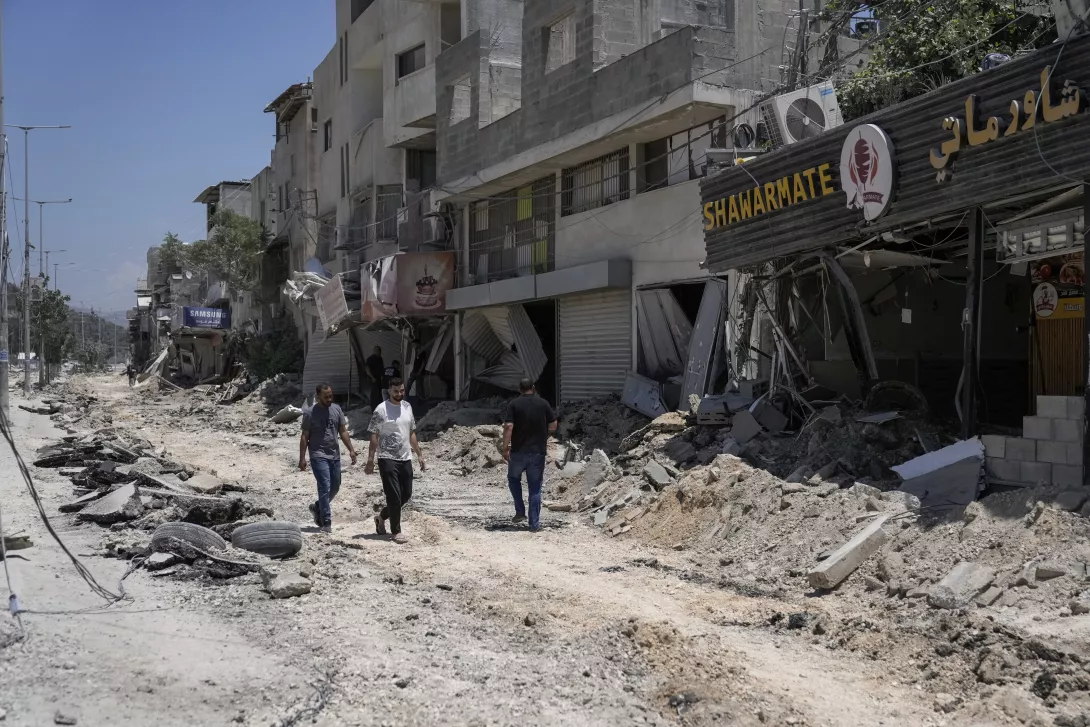ICJ to open hearings on legality of Israeli occupation of Palestine

THE United Nations’ highest court opens historic hearings tomorrow into the legality of Israel’s 57-year occupation of Palestinian lands.
Six days of hearings are scheduled at the International Court of Justice, during which an unprecedented number of countries will participate, as Israel continues its brutal assault on Gaza.
Though the case occurs against the backdrop of the Israel-Gaza war, it focuses instead on Israel’s open-ended occupation of the West Bank, Gaza and East Jerusalem.
More from this author
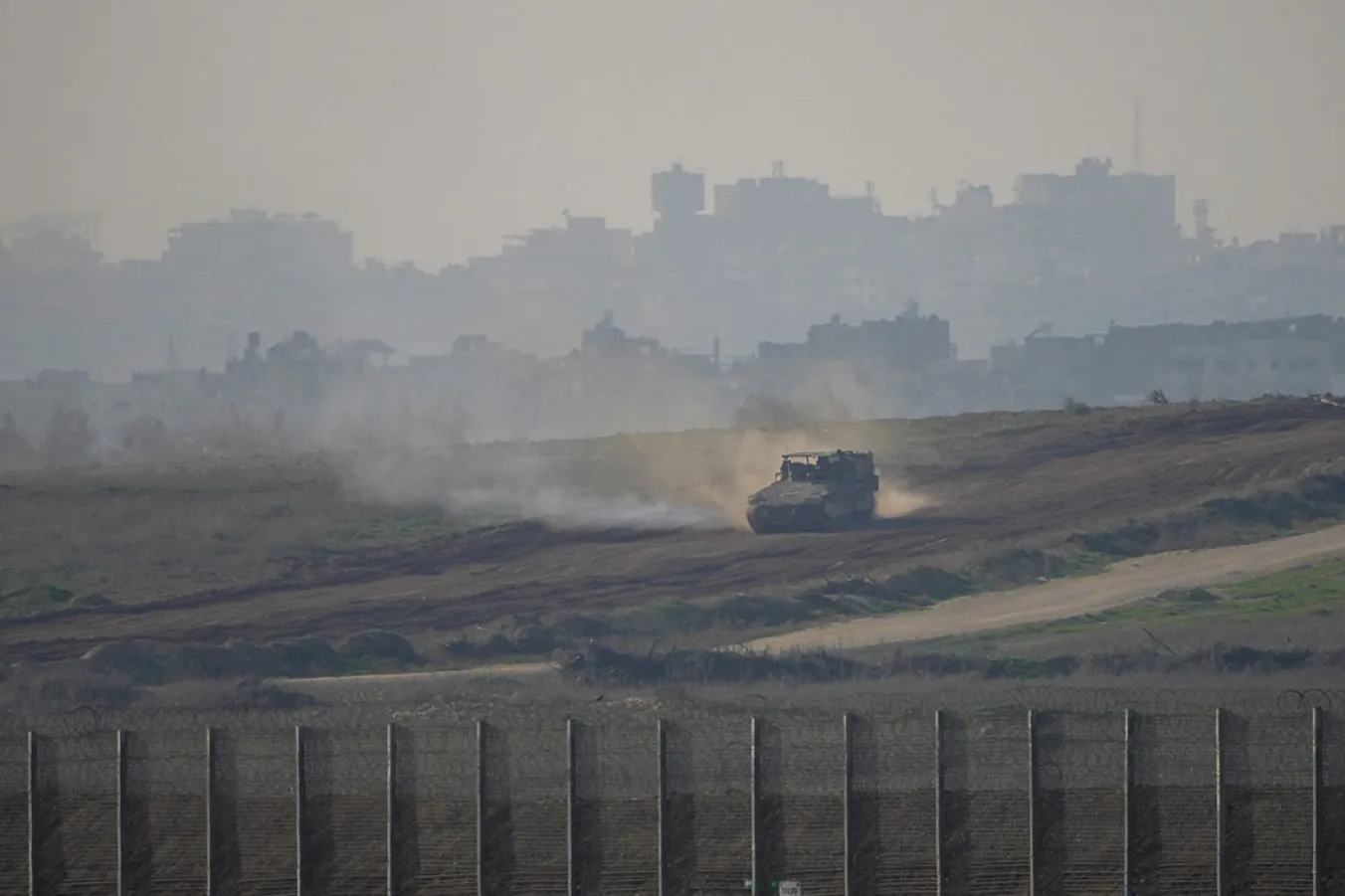
While Israel stalls on ceasefire agreement, its military kills another 78 people in Gaza
Similar stories


